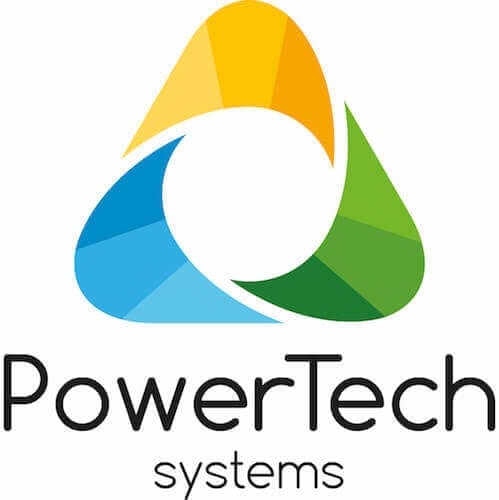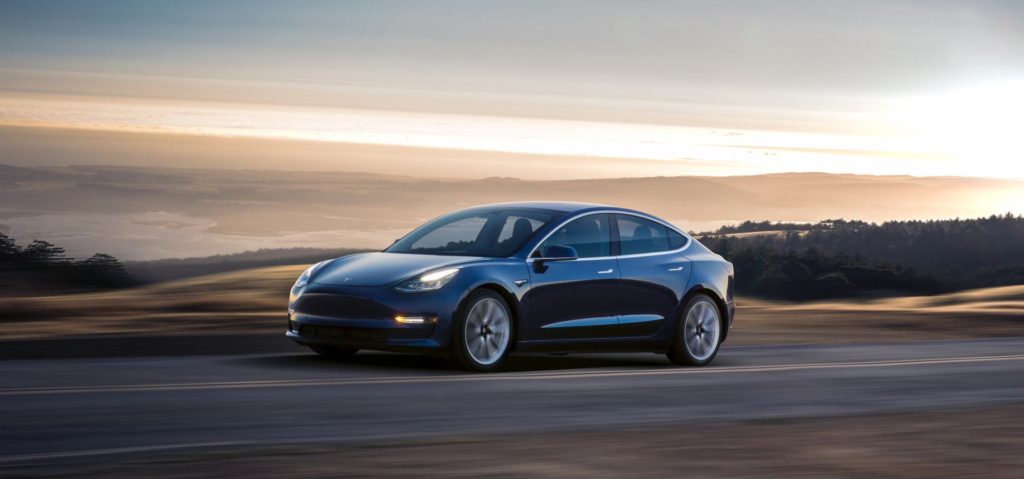
It’s a pretty baby, 9m long and weighing over 11 tons, that silently roams the French Alps to groom the ski slopes.
This snow groomer’s diesel engine (almost 13L in displacement) has been replaced by electric motors, which are more reliable and far more efficient than the original combustion engine. The result is a 100% electric machine, consuming four times less energy and with a range of 6 to 7 hours, the equivalent of a night’s work on the slopes.
Romain Dupon, head of the eponymous company based in Pontcharra (France), is proud of his teams who, after several years’ hard work, have developed the world’s first 100% electric snow groomer.
For the battery, PowerTech Systems collaborated with CM Dupon to provide the energy storage solution needed to power the vehicle.
The PowerModule product range met all the project’s requirements: high energy density, extreme modularity to integrate the packs into the cramped space available under the bodywork, ease of installation, and real-time monitoring of the installation.
For this project, 77 PowerModules are integrated on board the retrofitted “Alpine 510” snow groomer, constituting a 415 kWh, 600VDC Lithium Iron Phosphate battery pack.
The first snow groomers will go into operation this winter 2023 in various Alpine resorts (Tignes, La Plagne, etc.), under the aegis of Compagnie des Alpes (CDA).





















